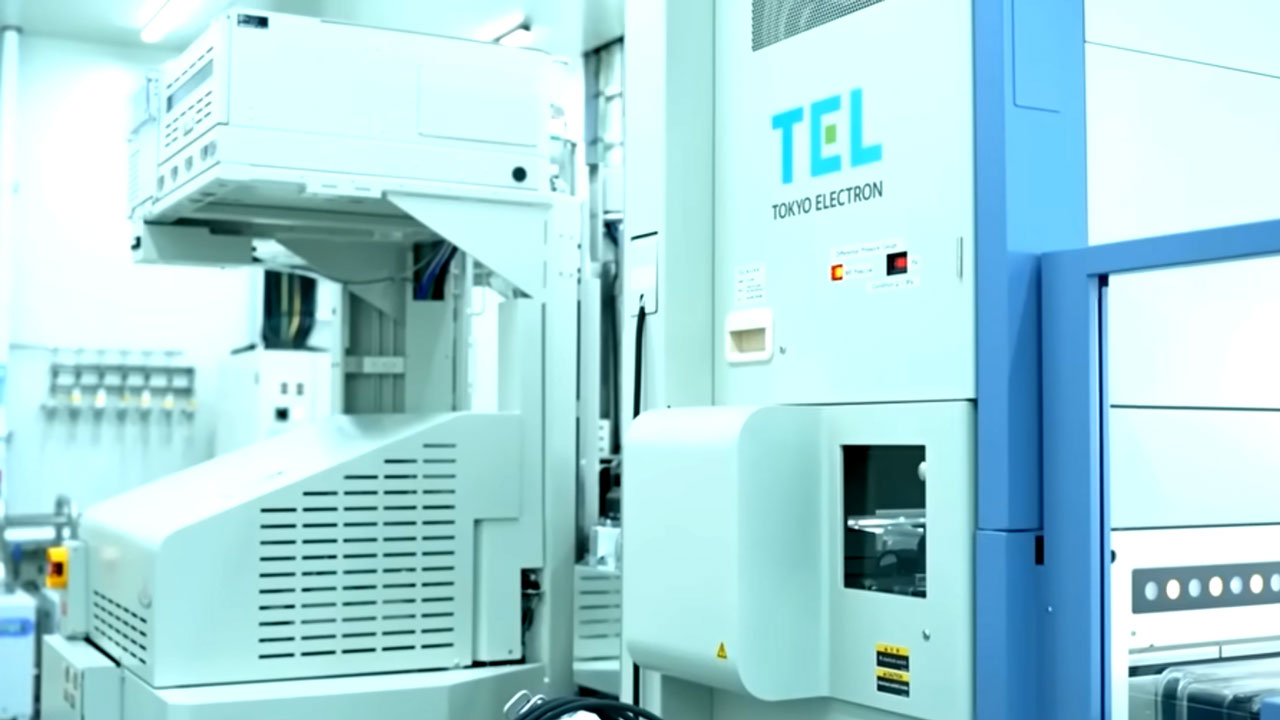China warns Japan over ramping semiconductor sanctions – threatens to block essential manufacturing materials
Toyota, the world’s largest car company, may be particularly vulnerable.

Get Tom's Hardware's best news and in-depth reviews, straight to your inbox.
You are now subscribed
Your newsletter sign-up was successful
Senior Chinese officials have repeatedly warned Japan about ramping up semiconductor sanctions in tandem with the U.S. Bloomberg reports that if Japan decides to restrict sales and maintenance of semiconductor equipment in step with U.S. policy, it could face “severe economic repercussions” from the Chinese. With increased pressure from the U.S. about possible new rules, Japan sits uncomfortably between a rock and a hard place.
Access to advanced semiconductor tech is behind China’s posturing, but the worst effects of Chinese retaliation would likely be felt by an entirely different industry in Japan. Concerns are that Chinese retaliation would focus on blocking essential supplies destined for Japan’s automotive industry.
Japan is a densely populated but resource-scarce archipelago of 14,125 islands. You could characterize the Japanese industry as relying on ingenuity, hard work, and importing significant raw materials. One of the country’s largest employers is the world’s biggest carmaker – Toyota. The firm makes about 10 million vehicles per year, many of which are in Japan. That eats up many resources, and neighboring China is the nearest, most obvious source. Japanese politicians must tread very carefully between the dragon and the bald eagle.
One saving grace for Japan might be that its semiconductor industry isn’t as high-profile as it used to be. Bloomberg’s report highlights the role of just one major firm in this China sanctions issue: Tokyo Electron (TEL).
TEL is a maker of advanced semiconductor production equipment that is used globally. It makes a full range of such tools and claims to be number one worldwide in coaster/developer, gas chemical etching, diffusion furnace4, and batch deposition machine shipments. It is also a major plasma etching, metal deposition, and probe equipment company.
For a more detailed example of the types of machines TEL is currently rolling out to the industry, back in July, we reported on the new Acrevia, a new gas cluster beam (GCB) system tailored for refining patterns created by EUV lithography.
Bloomberg received no comments on its pending report from the U.S., Japanese, or TEL governments. However, the Chinese Foreign Ministry strongly opposed sanctions and characterized them as unfair. Perhaps China’s fast-growing semiconductor industry won’t cope with being cut off from TEL equipment and first-party maintenance.
Get Tom's Hardware's best news and in-depth reviews, straight to your inbox.

Mark Tyson is a news editor at Tom's Hardware. He enjoys covering the full breadth of PC tech; from business and semiconductor design to products approaching the edge of reason.
-
litho guy This doesn't affect Cannon or Nikon, competitors to ASML lithography systems? Sounds like a play to get access to DUV equipment.Reply -
Steve Nord_ They don't really convey how this diplomacy was delivered as an original Jack Black rock ballad instead of cornering a terrified journalist and Senator (JPN,) wearing leather gloves full of rare transition metal rocks, girl mustache there just to twirl menacingly...Reply -
up11o9 Tit for Tat economically is better than arms war. China has every right to relatilate against Japan and any other nation that sancions for whatever reason. If Japan suffers, it is their own making.Reply